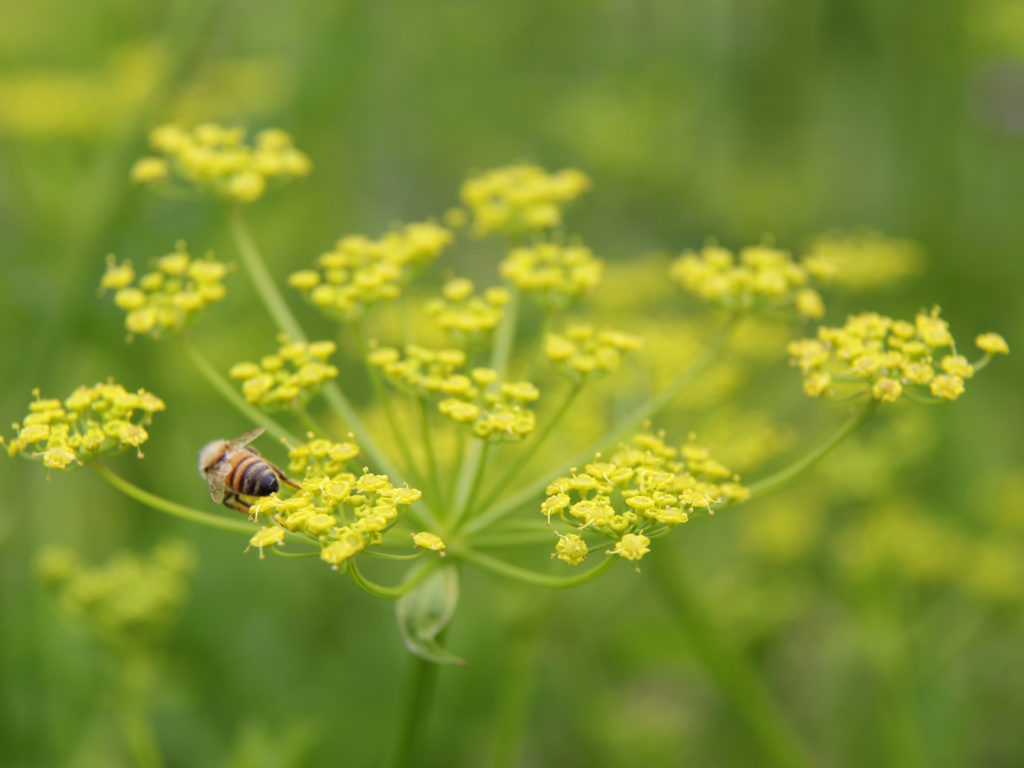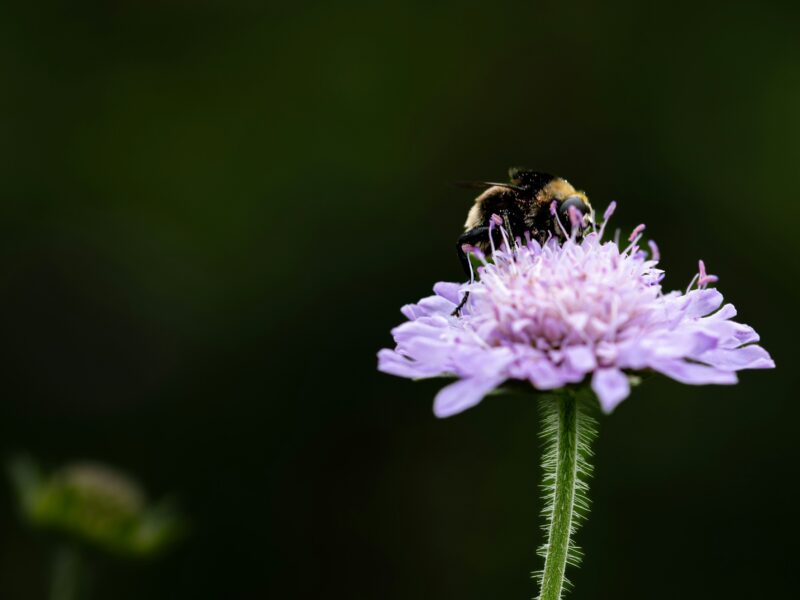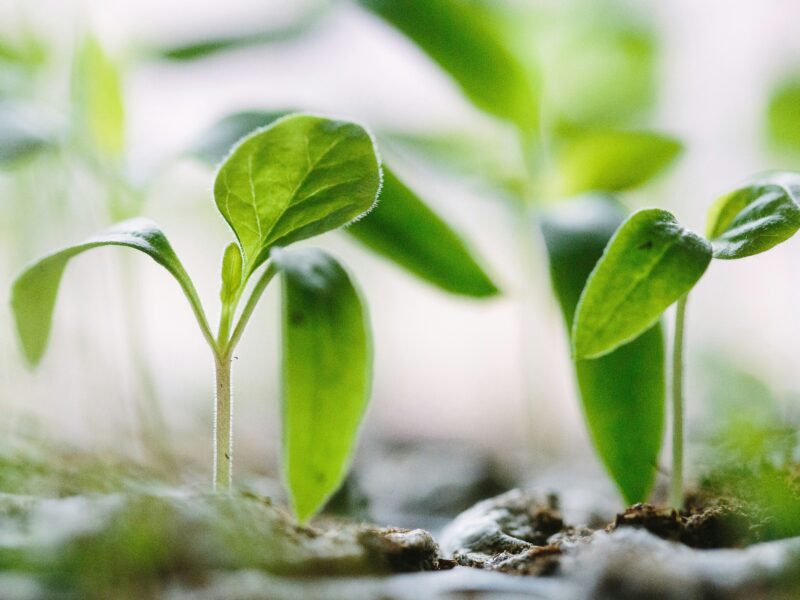What’s in your milk? A new study says organic is the cleanest milk. Non-organic milk tests positive for illegal antibiotics, high levels of growth hormones and controversial pesticide contaminants. Also in the news, agricultural chemicals aren’t helping farmers with crops or profitability. Rather they are harming our health and undermining the economic and agronomic viability of our farms. DDT, for example, is still affecting lake ecosystems 50 years after it was banned. The highly potent pesticide DDT was banned more than a half-century ago, but the toxic chemical persists in lake ecosystems and continues to impact freshwater food chains, according to a new study. If you want to begin incorporating more organic foods into your diet, but can’t afford to buy everything organic, consulting EWG’s 2019 Shopper’s Guide to Pesticides in Produce™ is a good place to start. Each year EWG compiles a list of the top 12 most pesticide-ridden produce, which they call “The Dirty Dozen,” as well as a list of the top 15 fruits and vegetables with the least amount of pesticides, known as the “Clean 15.” In Minnesota, the state government will pay the gardening bill for residents who are willing to turn their lawn into bee-friendly spaces, by planting flowers known to attract bees, like creeping thyme, self-heal and dutch white clover. There are many pesticide-free tactics let your garden grow in all its glory, minus annoying eyesores. Common household supplies like salt, vinegar, newspaper and even water can kill unsightly weeds pretty much instantly, but mulch and landscaping fabric can save you from future yard work.
What’s in your milk? Choose organic for the cleanest milk, says new study
on-organic milk tests positive for illegal antibiotics, high levels of growth hormones and controversial pesticide contaminants
Minnesota Will Pay Residents to Create Bee Friendly Lawns- good
Minnesota’s state budget celebrated pollinators last month by crowning the endangered rusty-patched bumblebee the state bee. And, to protect the plump pollinator, the state earmarked $900,000 dollars for bee-friendly spaces, according to Atlas Obscura. From that money, the state government will pay the gardening bill for residents who are willing to turn their lawn into bee-friendly spaces, by planting flowers known to attract bees, like creeping thyme, self-heal and dutch white clover.
15 Homemade Weed Killers That Will Work in Your Yard
Stop dandelions and crabgrass in their tracks — or really, their roots. These pesticide-free tactics let your garden grow in all its glory, minus annoying eyesores. Common household supplies like salt, vinegar, newspaper, and even water can kill unsightly weeds pretty much instantly, but mulch and landscaping fabric can save you from future yard work.
The Best Foods To Eat Organic
If you want to begin incorporating more organic foods into your diet, but can’t afford to buy everything organic, consulting the “EWG’s 2019 Shopper’s Guide to Pesticides in ProduceTM” is a good place to start. Each year the Environmental Working Group (EWG) compiles a list of the top 12 most pesticide-ridden produce, which they call “The Dirty Dozen,” as well as a list of the top 15 fruits and vegetables with the least amount of pesticides, known as the “Clean 15.”
Bob Quinn: It’s time to break our addiction to farm chemicals
Agricultural chemicals aren’t helping us to be better farmers or make more money. Rather they are harming our health and undermining the economic and agronomic viability of our farms.
https://www.ehn.org/chemicals-hurt-farms-2636511102.html
DDT still affecting lake ecosystems 50 years after it was banned
The highly potent pesticide DDT was banned more than a half-century ago, but the toxic chemical persists in lake ecosystems and continues to impact freshwater food chains, according to a new study.









